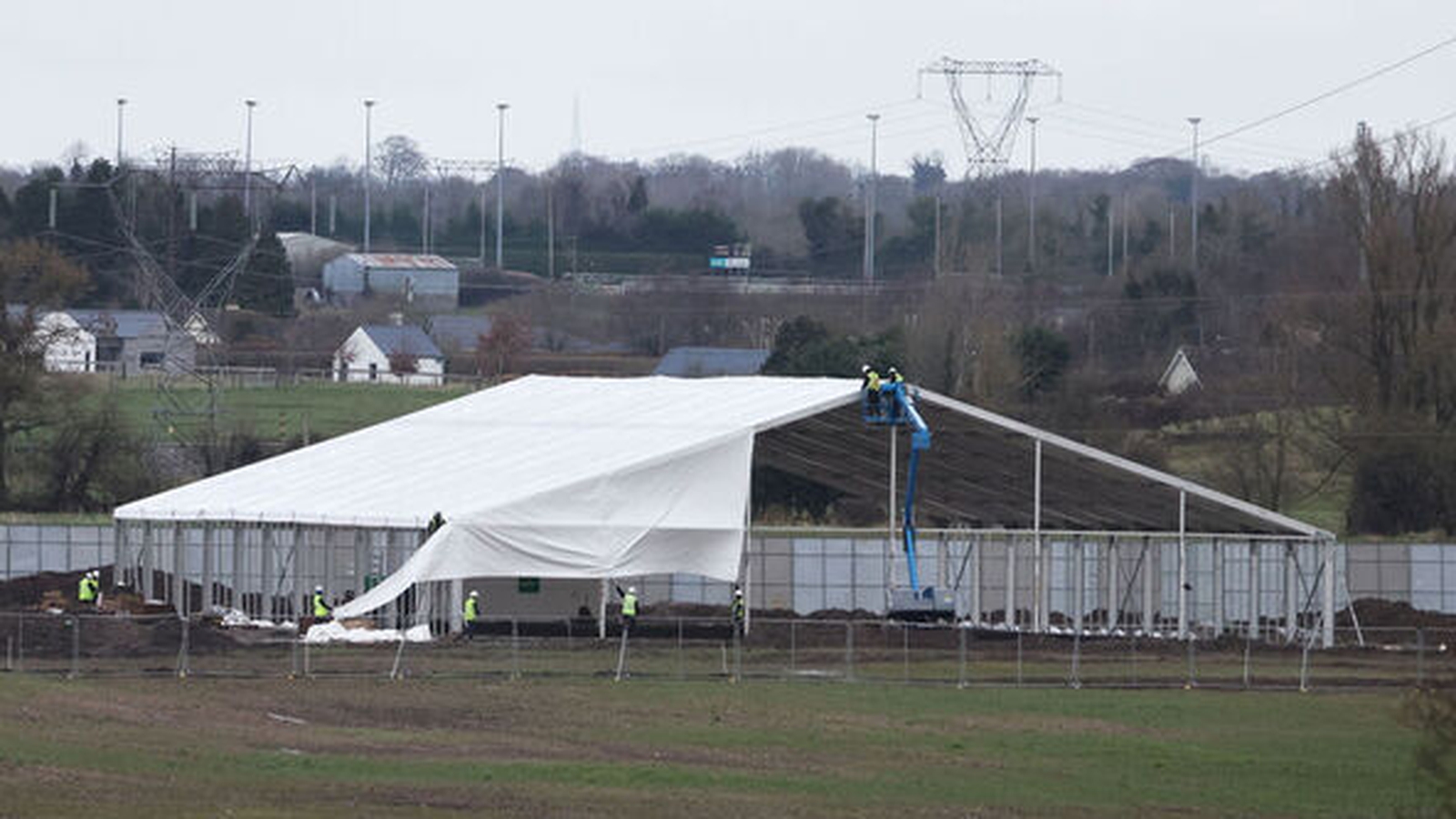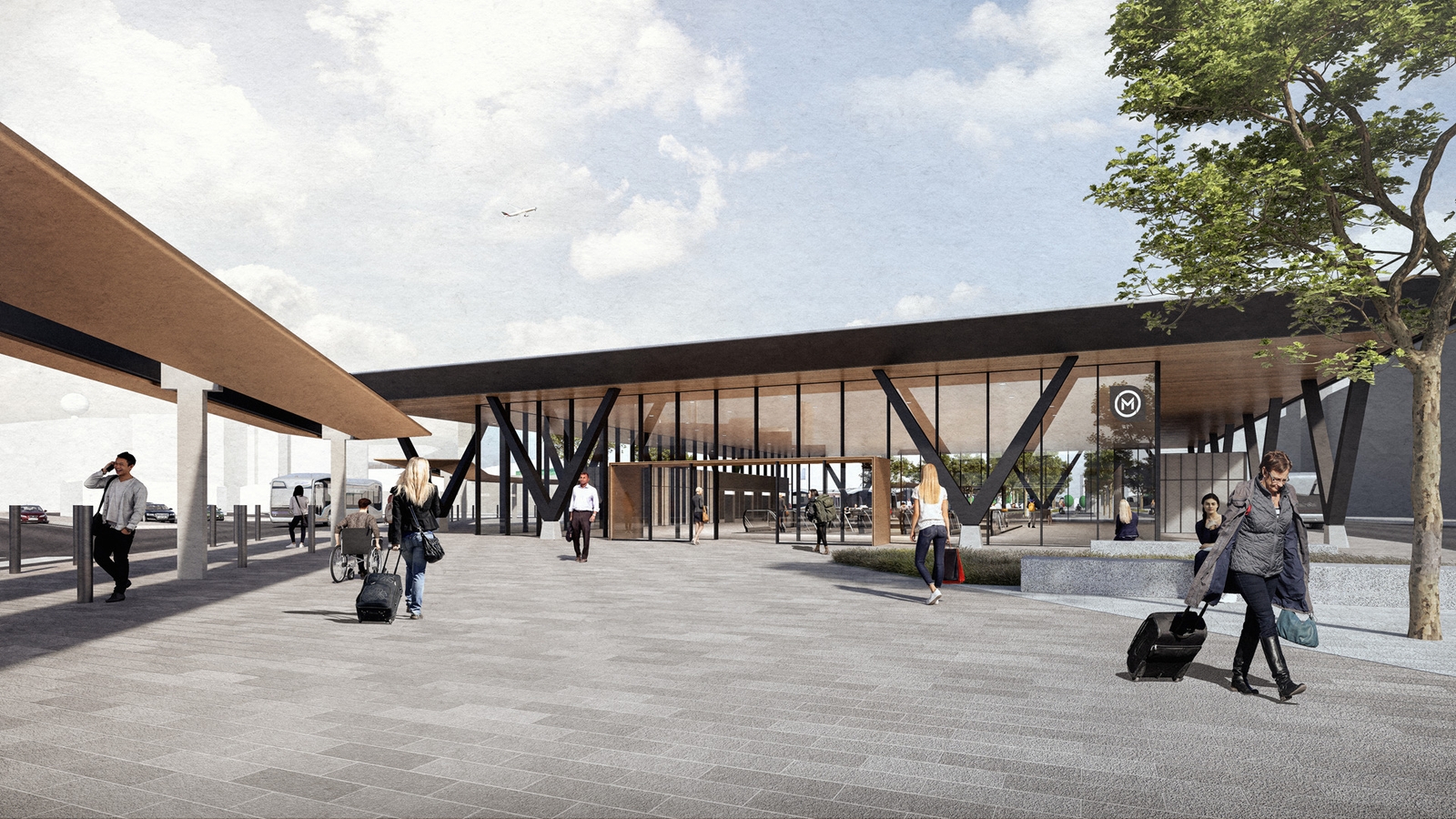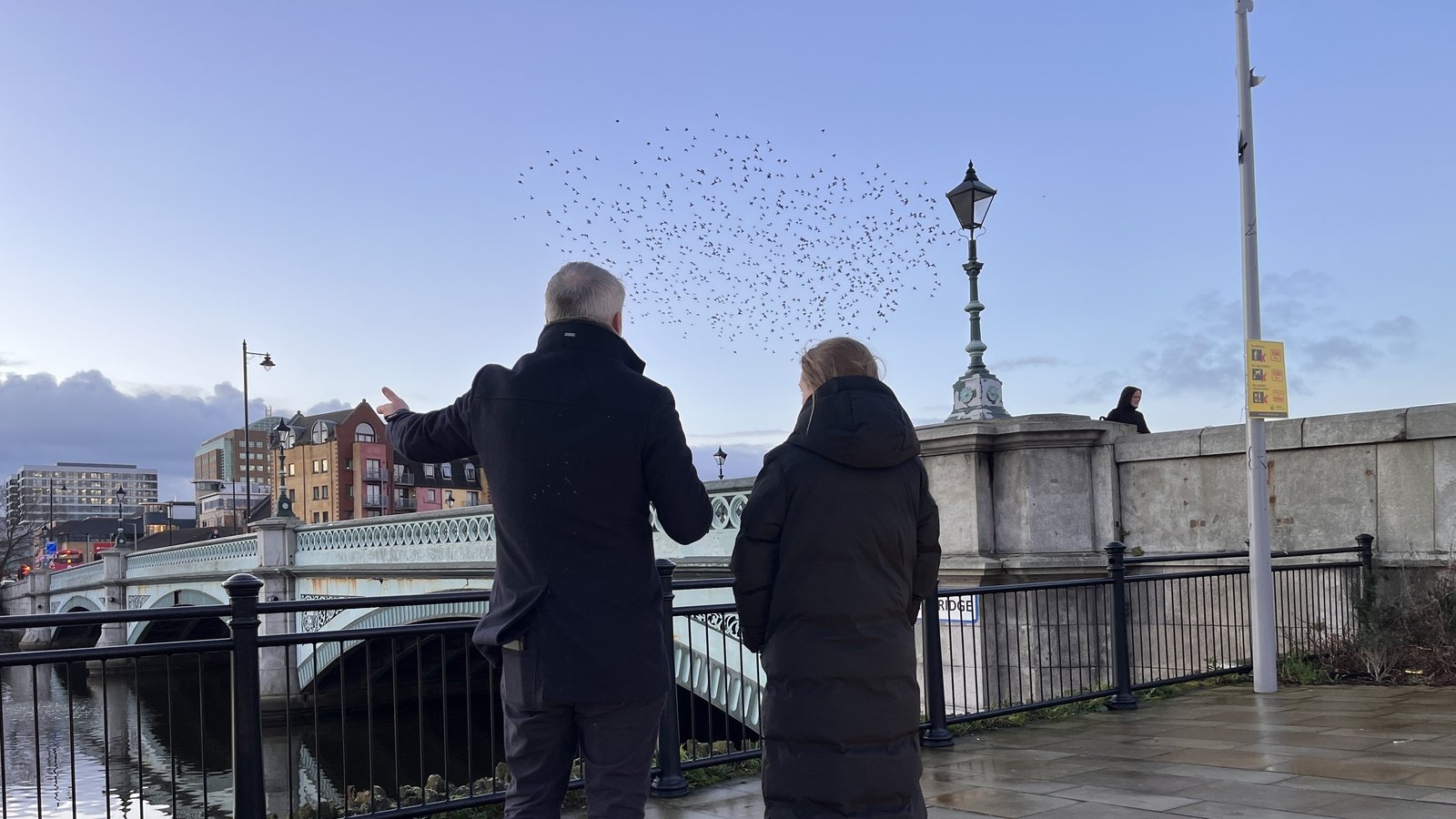HIQA inspects children’s unit amid restraint concerns
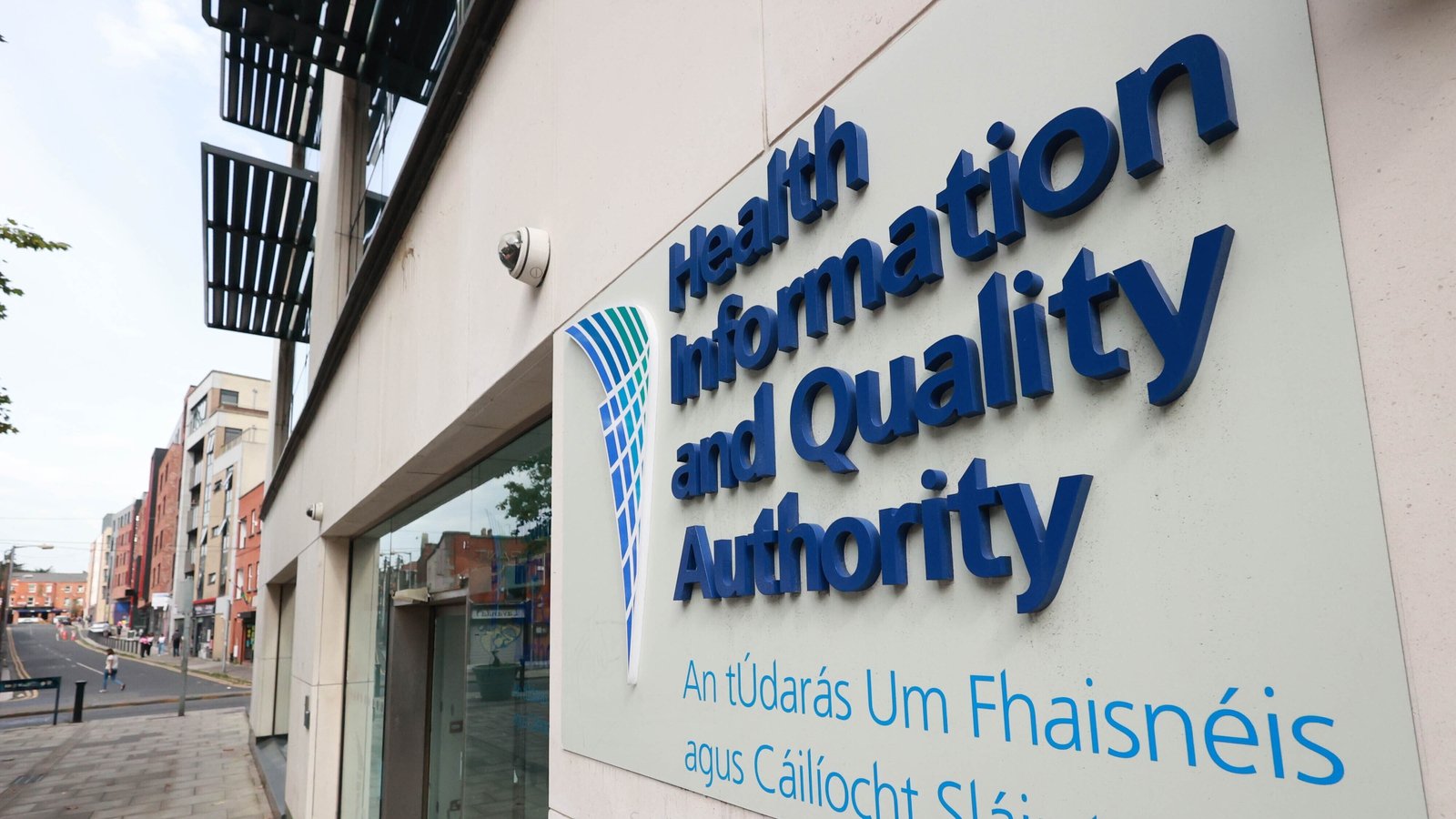
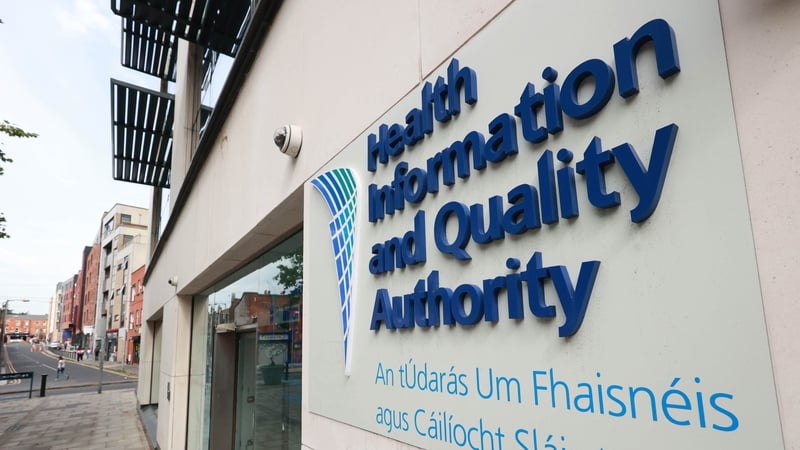
An inspection of a special care unit for children by the Health Information and Quality Authority (HIQA) in March, resulted in a formal child protection report to the State’s child and family agency, Tusla and An Garda Síochána.
HIQA conducted an unannounced inspection of the unit which is located in the Mid West, following the receipt of information which indicated “escalating risks” in the service.
These included incidents of physical restraint that were not in line with the Tusla’s approved behaviour management methods and the introduction of close protection personnel (security) within the designated unit.
Special care units are secure, residential centres for children aged 11 to 17 years.
Children are placed in these units by the court when their behaviour poses a risk of harm to their life, health, safety, development or welfare, and the placement is needed for the child’s care and protection.
HIQA inspectors found child protection and safeguarding risks were not consistently identified following the review of “serious incidents”.
At the time of the inspection in March, the designated unit had three children placed on the register, but one had transitioned to an alternative placement.
‘Serious incident’
Before the HIQA inspection took place, a review had been carried out by Tusla’s Practice Assurance and Service Monitoring (PASM) team following “a serious incident” that occurred in the unit in December last year.
The PASM review sought to provide assurances that the use of restraints and physical interventions in the designated unit were in line with policy and procedure, with the child’s placement support plan and that children were not harmed during a restraint.
When HIQA arrived at the unit in March, PASM’s findings had been issued to Tusla at draft stage and the person in charge was considering the feedback.
HIQA’s inspection resulted in concerns about the governance of the service. These included child protection concerns, staff training and development and further use of non-routine physical interventions.
The unsolicited information received by the watchdog in March indicated “three concerning incidents” of physical restraint in January 2024 that were not in line with Tusla’s approved behaviour management methods.
Records relating to the oversight of incidents by managers as well as CCTV footage were “sampled” by the inspectors.
HIQA found that the CCTV footage of the incidents that took place in January “may constitute physical abuse”, which resulted in it issuing a formal child protection report to Tusla and An Garda Síochána.
In early March, a “Need to Know report” was completed by the director of the designated unit to look at the capacity of the provider in continuing to provide special care unit placements.
It outlined that in the previous 12 months there had been 204 incidents reported on the National
Incident Management system (NIMS), including 138 direct physical assaults on staff.
As a consequence “close protection personnel” (security) were hired to ensure the safety of social care staff.
While this was recognised by the designated unit as a restrictive practice that infringed on the rights of children placed in the unit, it was deemed an additional safety measure necessary at a point in time
for the safety of children and staff according to HIQA’s report.
The use of security ceased in February and a crisis management team identified three training modules
as priority requirements for the management of challenging behaviours, as well as other actions to mitigate the risk.
These were at various stages of planning, implementation and delivery at the time of the HIQA inspection.
HIQA has said that Tusla submitted a satisfactory compliance plan to address the deficits and risks identified as part of the inspection.
HIQA has noted in its report that a Crisis Management Team is in place at the unit to support governance and management systems and will remain in place until June.
A Significant Event Review Group (SERG) has also been meeting weekly to review the physical restraints that have been used.


